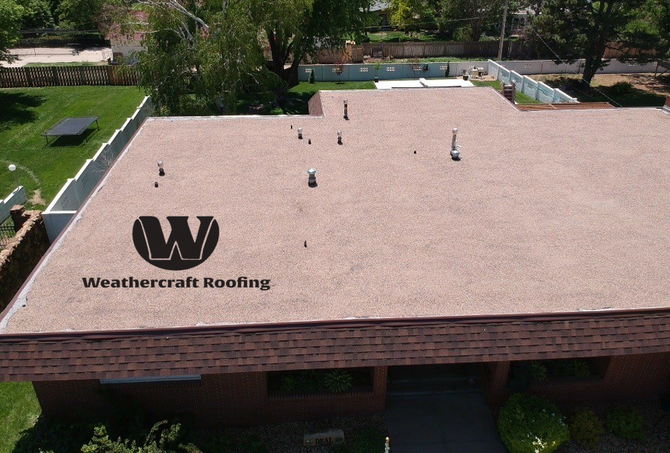Selecting the right industrial roofing system is key to protecting your property and ensuring long-term durability. Whether installing a new roof or maintaining an existing one, knowing your options and their benefits can save you time, money, and stress. Here’s what you need to know about industrial roofing.
Things to Keep in Mind for Your Industrial Roofing Project
Industrial roofing requires careful planning and consideration due to the unique needs of large-scale properties. Some key factors to keep in mind include:
- Building Use: Understanding the function of your building is key—whether it requires heat resistance, weatherproofing, or soundproofing. This will guide the selection of the best roofing system.
- Environmental Conditions: Local weather conditions like temperature extremes, heavy rainfall, or snow can impact roof material performance. Choose a roofing system that can withstand your area’s climate.
- Budget: While industrial roofing can be costly, finding the right balance between quality and affordability ensures you get the best return on investment.
- Energy Efficiency: Opting for energy-efficient roofing materials can help lower energy costs by improving insulation and reducing the need for heating and cooling.
Overview of Industrial Roof Types: Built-Up, Metal, and Modified Bitumen
Industrial buildings often use specific roofing systems. Below are some of the most common types that provide advantages based on the structure's needs.
Built-Up Roofs (BUR)
Built-up roofing systems (BUR) are composed of several layers of materials, such as tar and gravel, providing excellent waterproofing and durability. However, this system can be complex and labor-intensive to install.
Metal Roofs
Metal roofs are widely used in industrial settings because of their durability and low maintenance. They withstand harsh weather conditions and are energy-efficient, reflecting sunlight to cut cooling costs. Various materials, such as steel and aluminum, are available.
Modified Bitumen Roofs
Modified bitumen combines asphalt with rubber or plastic polymers, resulting in a flexible and durable roofing solution for low-slope buildings. Its resistance to leaks makes it a reliable choice for industrial structures.
Maintenance Tips to Extend the Life of Your Industrial Roof
Regular maintenance is essential to extending the lifespan of your industrial roof and avoiding costly repairs. Here are some maintenance tips to keep your roof in top condition:
- Regular Inspections: Schedule professional roof inspections at least once a year to identify any issues early, such as cracks, leaks, or debris buildup.
- Clean Gutters and Drains: Keep gutters and drains free of debris to avoid water accumulation that could damage your roof.
- Prompt Repairs: Address any issues quickly to prevent further damage. Delaying repairs can result in larger, more expensive problems later.
- Coating and Sealing: Protective coatings and sealants can prevent moisture and UV damage, helping to extend the roof's life.
The Importance of Hiring a Specialized Roofing Contractor
Hiring a specialized roofing contractor is essential for ensuring your roof is installed correctly and maintained properly. Experts can help you choose materials, manage the project, and provide long-term support.
Conclusion: Choosing the Right Roofing for Your Business
The right industrial roof is vital for property protection and long-term savings. Whether you choose BUR, metal, or modified bitumen, understanding each system’s advantages helps make the best choice. Partner with a roofing expert for optimal results.
Looking for a trusted roofing partner for your industrial needs? Reach out to us today for tailored roofing solutions and expert guidance!

#IndustrialRoofing #CommercialRoofing #RoofInstallation #BuiltUpRoof #MetalRoofing #ModifiedBitumen #RoofMaintenance #EnergyEfficientRoofing